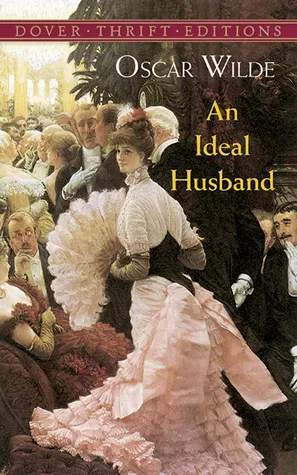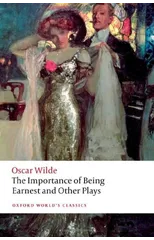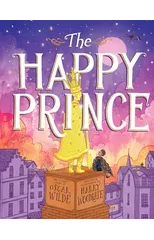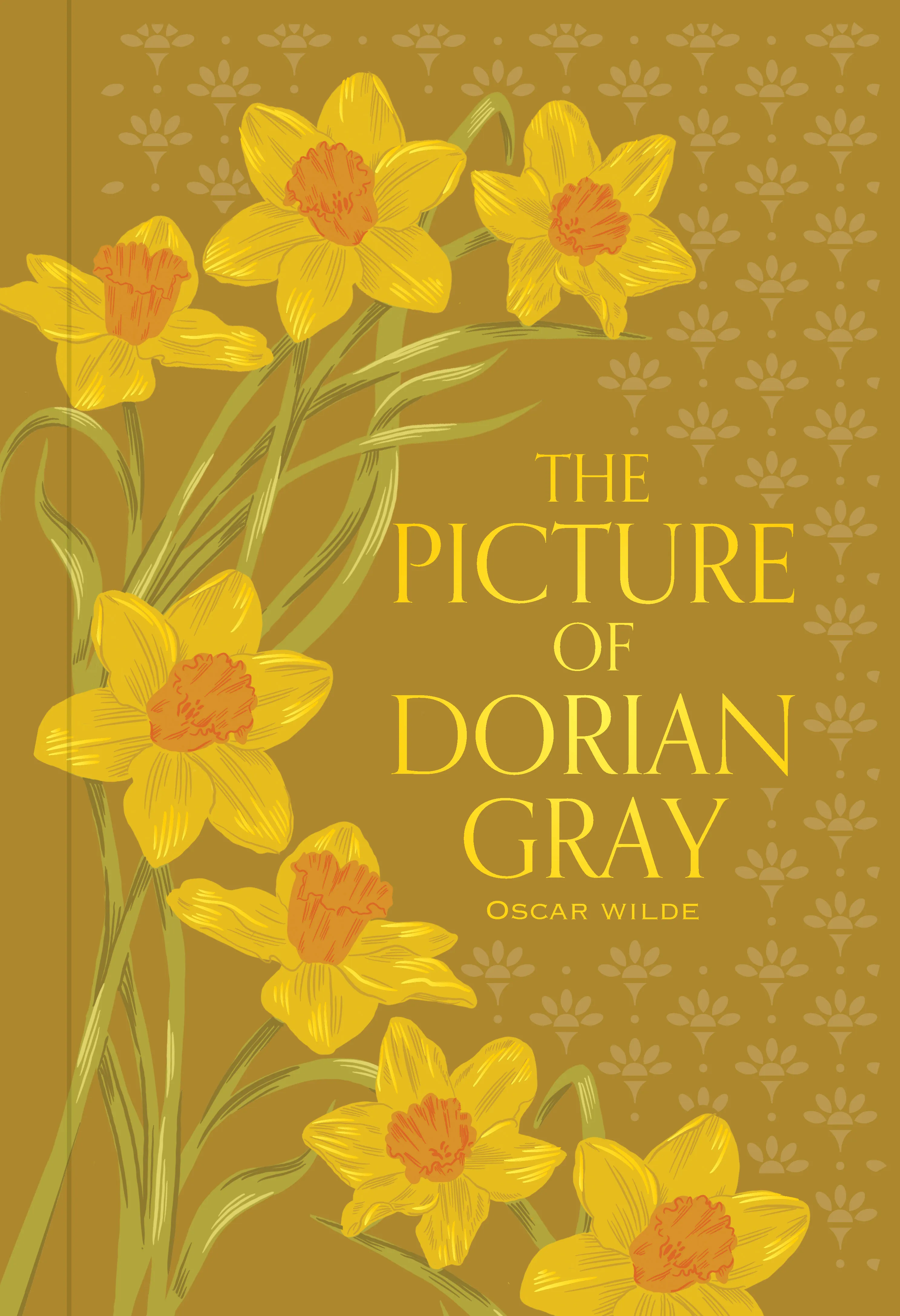Although Oscar Wilde (1854–1900) created a wide range of poetry, essays, and fairy tales (and one novel) in his brief, tragic life, he is perhaps best known as a dramatist. His witty, clever drama, populated by brilliant talkers skilled in the art of riposte and paradox, are still staples of the theatrical repertoire. An Ideal Husband revolves around a blackmail scheme that forces a married couple to reexamine their moral standards — providing, along the way, a wry commentary on the rarity of politicians who can claim to be ethically pure. A supporting cast of young lovers, society matrons, an overbearing father, and a formidable femme fatale continually exchange sparkling repartee, keeping the play moving at a lively pace. ike most of Wilde's plays, this scintillating drawing-room comedy is wise, well-constructed, and deeply satisfying. An instant success at its 1895 debut, the play continues to delight audiences over one hundred years later. An Ideal Husband is a must-read for Wilde fans, students of English literature, and anyone delighted by wit, urbanity, and timeless sophistication.
Oscar Wilde
Oscar Wilde was an Irish playwright, novelist, and essayist known for his wit, flamboyant style, and sharp social commentary. His most famous works include the play "The Importance of Being Earnest" and the novel "The Picture of Dorian Gray," both of which explore themes of identity, morality, and societal expectations. Wilde's writing is characterized by clever wordplay, satirical humor, and a keen observation of human nature. He was a key figure in the aesthetic and decadent movements of the late 19th century and is considered one of the most important voices in British literature. Wilde's impact on literature can be seen in his subversion of conventional Victorian norms and his pioneering use of irony and paradox.




